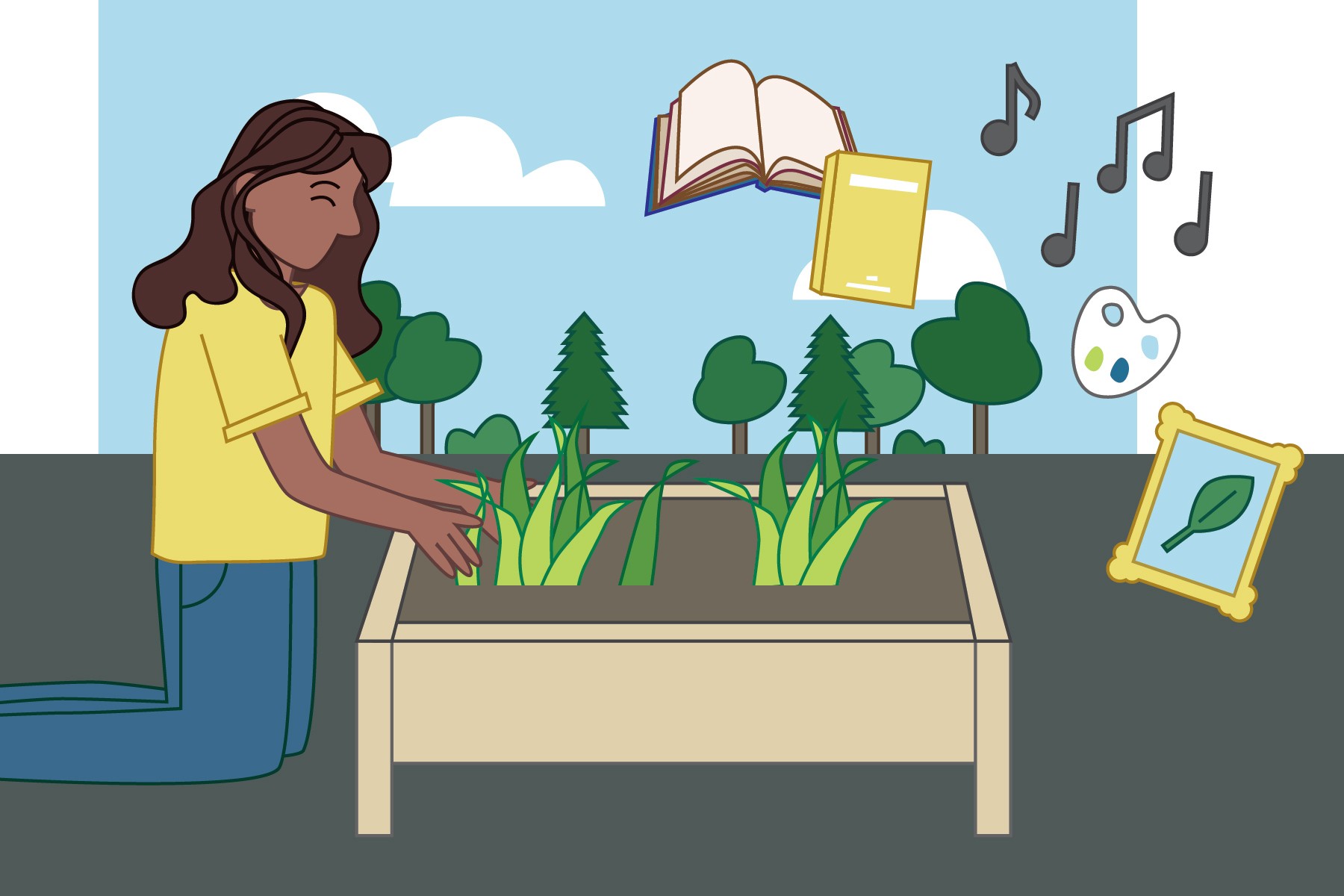An initiative through the University of Minnesota’s Institute for Advanced Study is working to promote Indigenous perspectives in the humanities.
The Environmental Stewardship, Place, and Community Initiative, which is funded by a more than $1 million grant from the Mellon Foundation, will examine human relationships with the environment. It looks to incorporate Indigenous ideas and knowledge into the humanities field, which many say is Eurocentric. Laurie Moberg, the project’s manager, describes it as Indigenous and humanities-led environmental stewardship.
The project consists of faculty across the Duluth, Morris and Twin Cities campuses. Many of the faculty are involved with Indigneous studies work. Over the next three years, these faculty will use a set of guidelines to pursue work that aligns with the goals of the initiative.
Roxanne Biidabinokwe Gould, a professor of Indigenous education at the Duluth campus, said there is not much concrete information around the program’s work yet because they are still in the planning stages.
While much of the work has yet to be laid out, the initiative is working toward several goals. Part of this will involve encouraging Indigenous and underrepresented students to pursue education in the humanities.
During the second and third years of the project, workshops, activities and mentoring will be offered to encourage Indigenous students to consider pursuing graduate education in the humanities. This could help incorporate Indigenous knowledge and thought into the field.
Another aspect of the work will involve developing curriculum that integrates Indigenous research methodologies and environmental stewardship into work around the humanities.
“A big part of this is to talk about how Indigenous knowledge and Indigenous ways of knowing can contribute to expanding our understanding of the environmental crisis we are in,” said Jennifer Gunn, director of IAS.
Over the next three years, faculty involved will work to increase diversity in the humanities by incorporating community-based research and Indigenous thought into the conversation.
According to Gunn, another part of the initiative is bringing these people together and mapping this knowledge. Gunn said the idea for the work came from a desire to participate in more community engagement work with Indigenous and other underrepresented voices.
IAS has been looking at community responsibility to the environment through several other initiatives, including their River Life project, which focuses on bringing attention to the University’s location on the Mississippi River and acknowledging that the campus is on land formerly inhabited by Dakota people.
While funding for the initiative only runs three years, partners are hoping to seek out other funding sources to allow them to continue the work.







